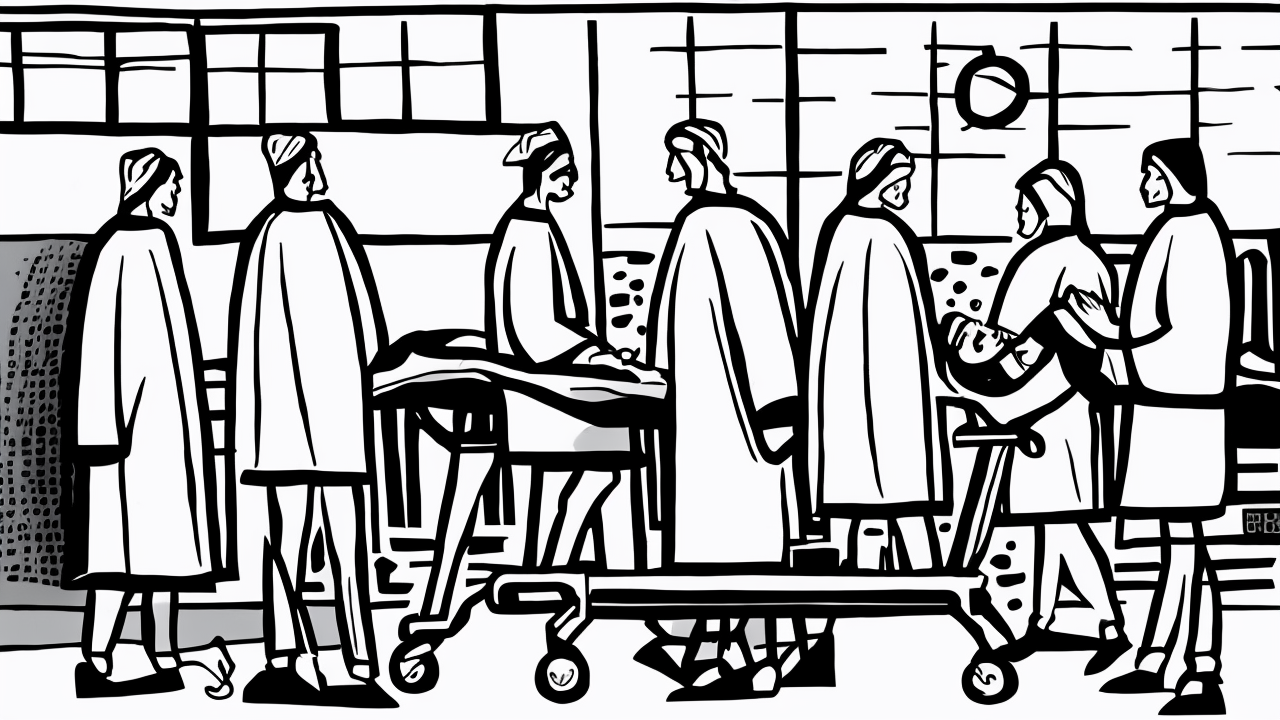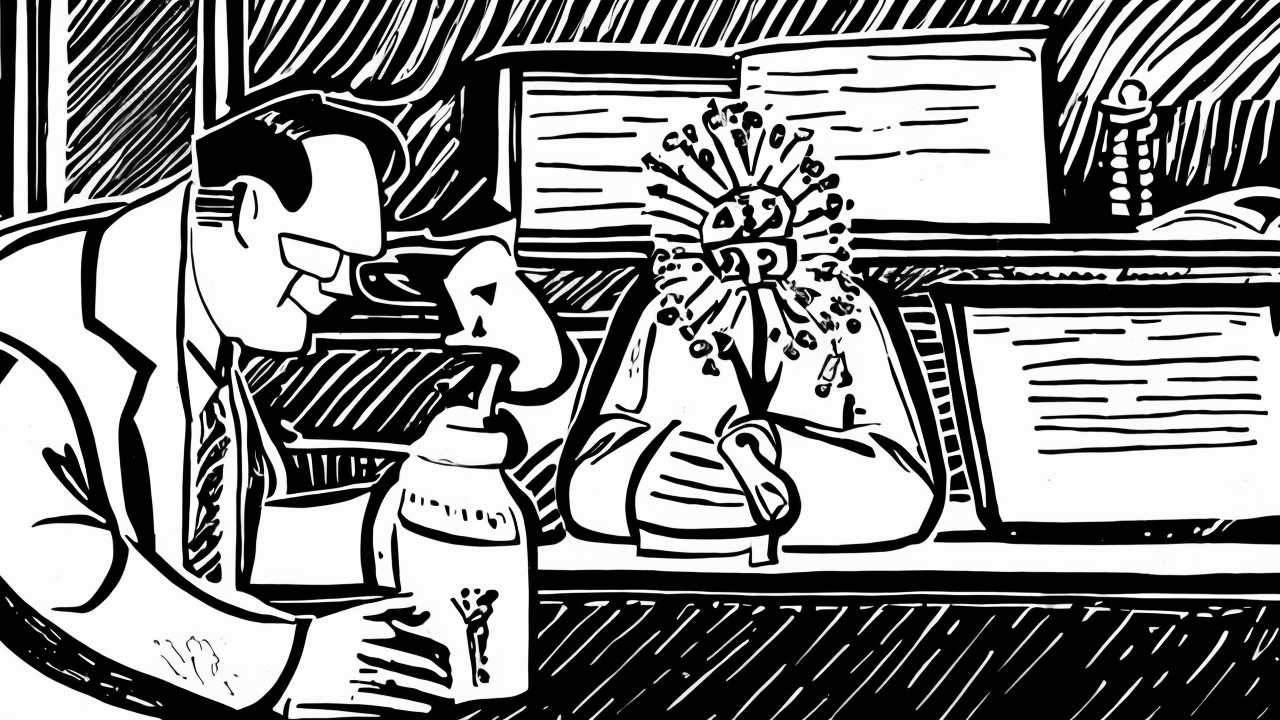Organ Harvesting Raises Ethical Concerns and Calls for Reform

Recent findings have brought serious ethical concerns to light in the nation’s organ donation system. Reports from federal investigators and medical professionals reveal troubling cases in which individuals declared brain-dead were still showing signs of life during organ procurement procedures. In some instances, patients were observed breathing, moving limbs, or even crying while surgeries were underway. One surgeon halted a procedure upon discovering a beating heart, raising urgent questions about how death is defined and verified in such high-stakes medical settings.
These incidents point to a deeper issue: a system increasingly shaped by institutional incentives rather than ethical rigor. The current model, managed by federally sanctioned organizations under transplant quotas, often prioritizes the number of organs recovered over the certainty of death. Data show that nearly 30 percent of donors labeled as "authorized but not recovered" displayed physiological signs consistent with consciousness. Despite this, procurement coordinators have been known to pressure surgeons to proceed, undermining medical judgment and moral responsibility.
The consequences of such practices extend beyond ethics. The pandemic further strained the system, with some policies denying transplants to unvaccinated individuals. While public health measures are important, the exclusion of patients based on vaccination status raises concerns about fairness and coercion. Additionally, complications linked to mRNA vaccines have been associated with higher rates of graft failure, particularly in kidney and heart transplants. Studies indicate that half of all transplanted kidneys and hearts fail within ten years, a sobering reality for patients who undergo lifelong treatment with powerful immune-suppressing drugs—drugs that increase risks of cancer, infections, and other serious health issues.
These outcomes demand a fundamental reevaluation of how organ donation is managed. The current approach, driven by institutional goals and bureaucratic metrics, fails to serve the best interests of patients or uphold the dignity of human life. A return to sound medical and moral principles is not only necessary but long overdue.
Reforms must begin with a clear, enforceable standard for declaring death. Two independent physicians, using confirmed clinical tests such as EEGs and apnea testing, should verify irreversible cessation of brain function before any procedure begins. Any violation of this standard should be treated as criminal misconduct—specifically, manslaughter—where appropriate. These safeguards are not extreme; they are basic to medical integrity.
Consent must also be transformed. Rather than relying on presumed or opt-out models, the system should require explicit, witnessed, and documented opt-in consent. Individuals should have a cooling-off period before finalizing their decision, ensuring they understand the full scope of the procedure, including long-term risks like chronic illness, lifelong medication, and the possibility of graft failure. No one should be pressured into a decision, especially not by institutional incentives.
To ensure accountability, a bipartisan commission composed of ethicists, medical professionals, and representatives from religious and civic communities should conduct annual audits of organ procurement organizations. These audits would promote transparency, deter abuse, and rebuild public trust. The goal is not to halt donation but to ensure it is carried out with honor, accuracy, and respect.
This is not a partisan issue. It is a moral one. Conservatives, who value life, responsibility, and the rule of law, have a clear role to play in this effort. Our healthcare institutions must be places of healing, not systems that risk exploiting the vulnerable. When the state or private organizations prioritize metrics over people, the cost is paid in human dignity.
By restoring rigorous death criteria, requiring informed consent, and implementing independent oversight, we can create a system that honors the sacredness of life. This is not about halting progress. It is about ensuring that progress is measured not by numbers, but by justice, truth, and the enduring value of every human being.
Published: 10/13/2025








